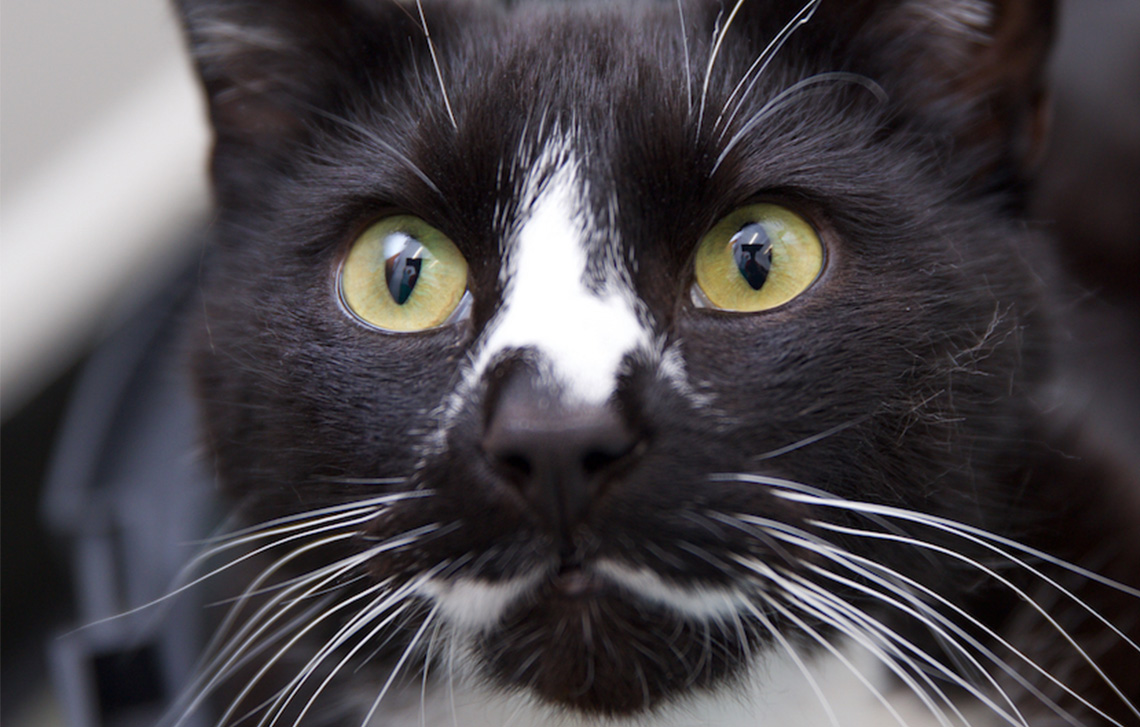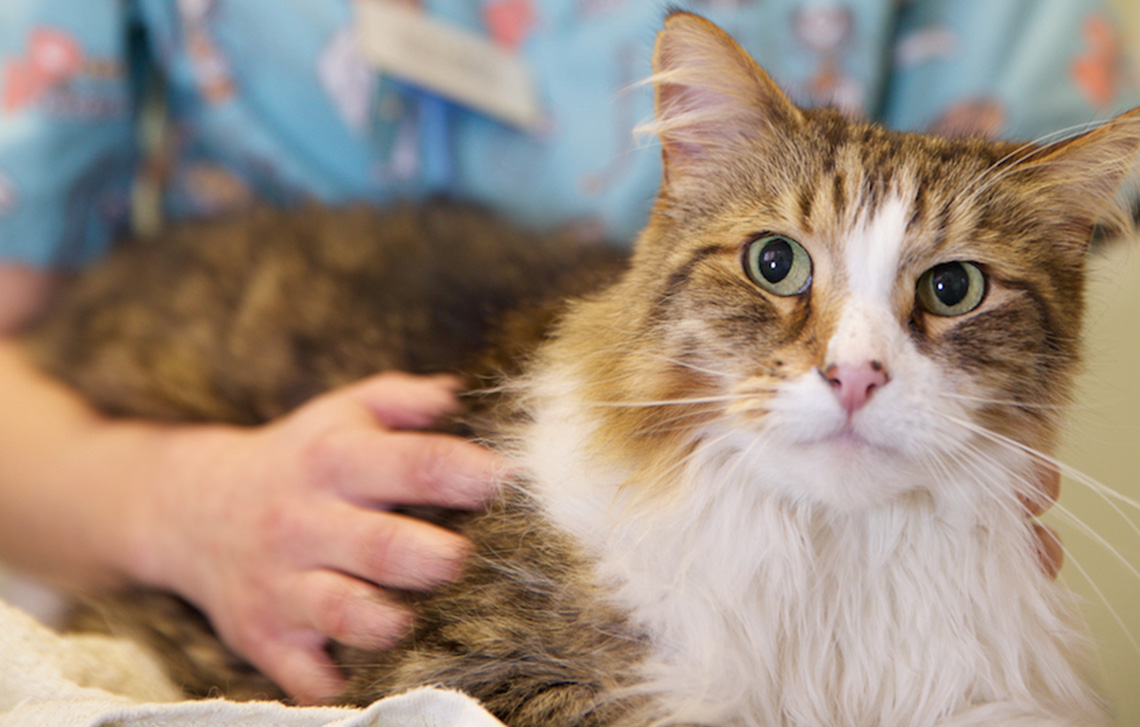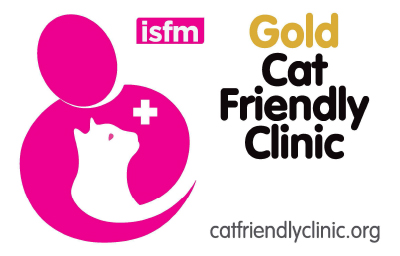
Mice, birds, worms, rabbits… the list goes on, and this is one of an owner’s biggest worries when welcoming a cat into the family, hunting! The reality however is that a cat is a predator and will always do what is natural to them so it’s something we need to get used to. The good… Read more »
Mice, birds, worms, rabbits… the list goes on, and this is one of an owner’s biggest worries when welcoming a cat into the family, hunting! The reality however is that a cat is a predator and will always do what is natural to them so it’s something we need to get used to.
The good news is that bringing their prey home to us means your cat feels safe at home. Cats only ever leave food in a secure place to eat now, or to keep for later. Some people view hunting in cats as just when they’re hungry, but this isn’t true. Whatever you feed your cat, hunting is part of their nature and they love the hunting game.
It’s important not to be angry with your cat for bringing home half eaten victims (as much as inside you might be!) because it can affect how they feel about their home. It’s also very important to ensure you treat your cat for tapeworm regularly as rodents or birds can sometimes cause a cat to become unwell quite quickly. Mostly we advise treatment every 3 months, but if your cat is a prolific hunter this may need to be increased. Generally as cats get older they hunt less.
You may have noticed your cat’s teeth chattering, particularly if they have an indoor lifestyle. This is often heard when a cat spots a bird but can’t get to it. Instead they will show their excitement by running to the window, along the windowsill and in any general direction the bird is going!







